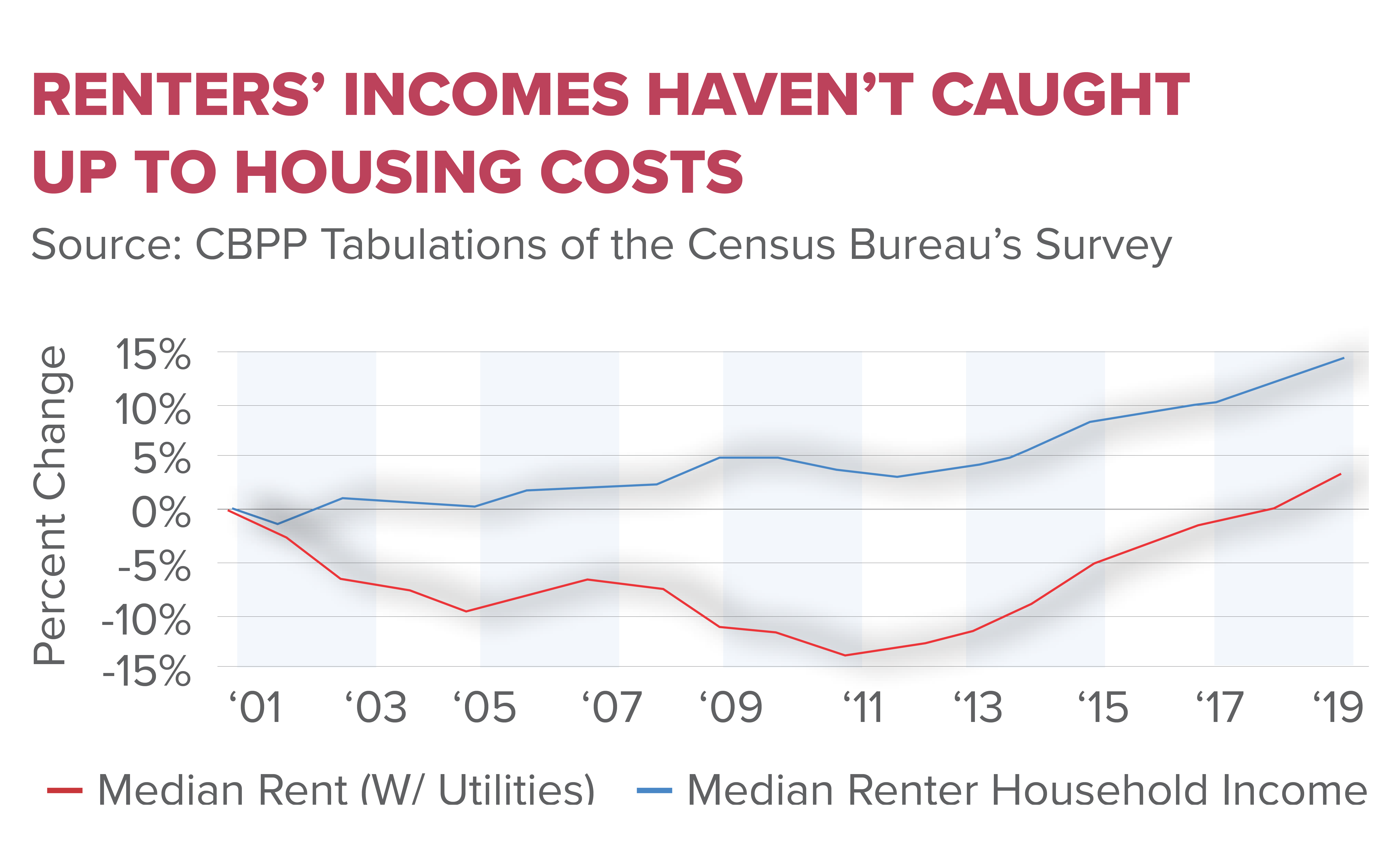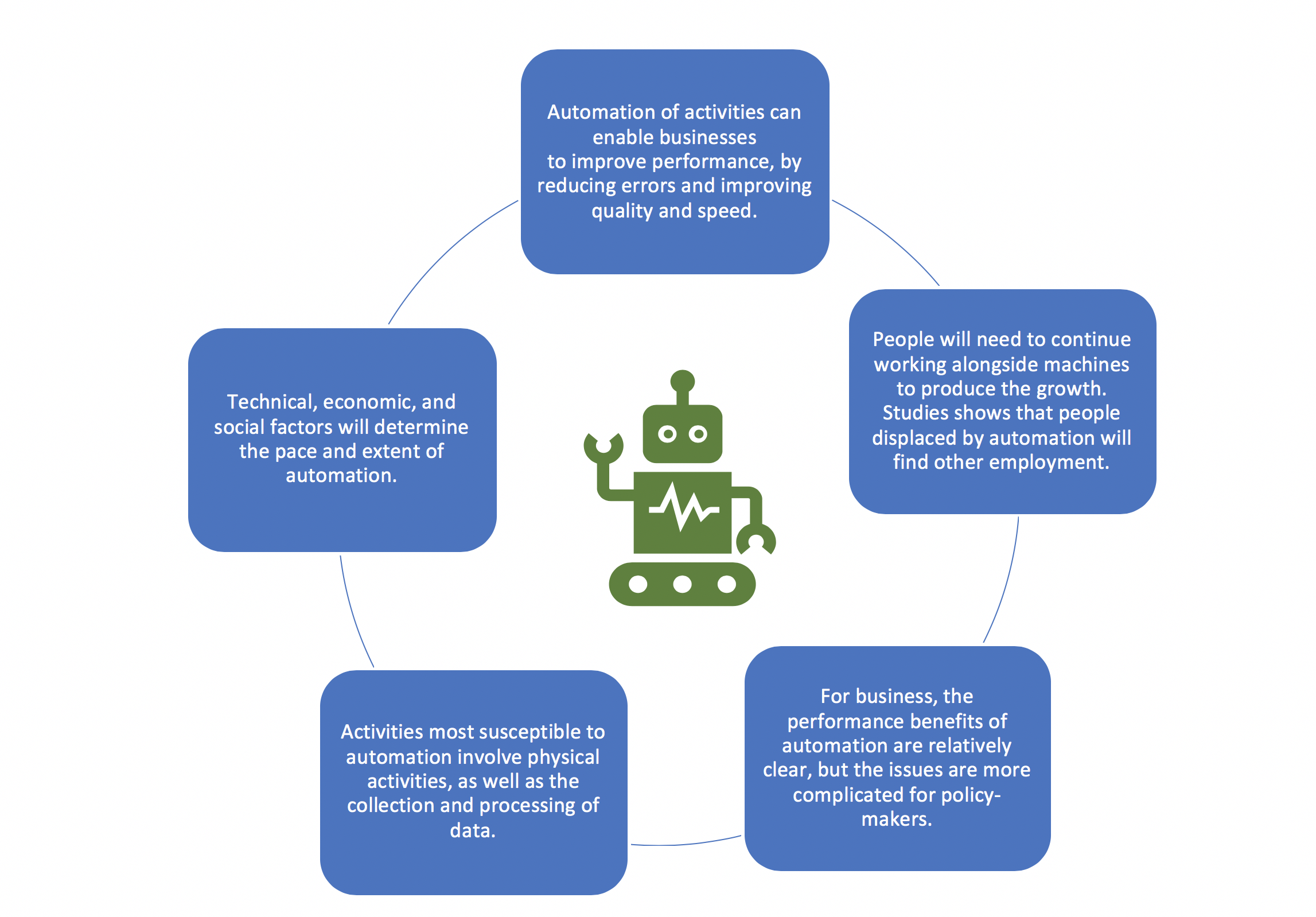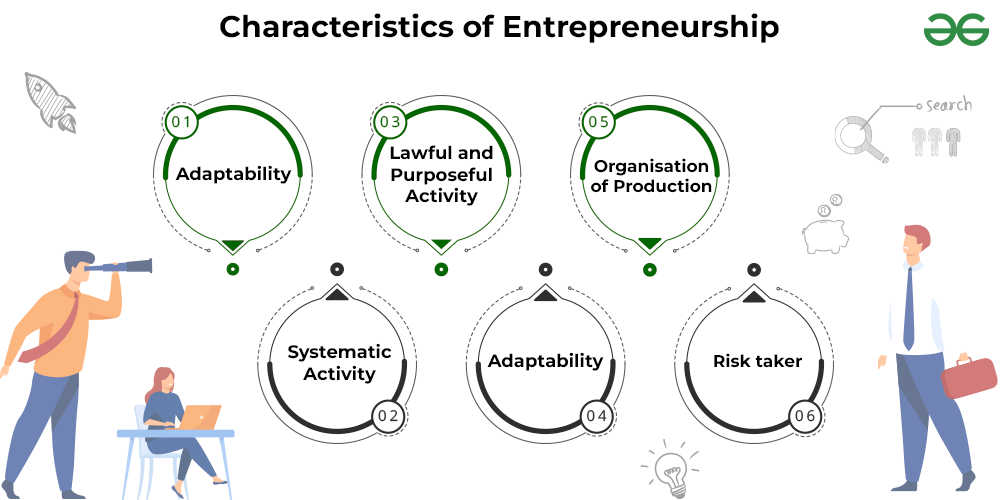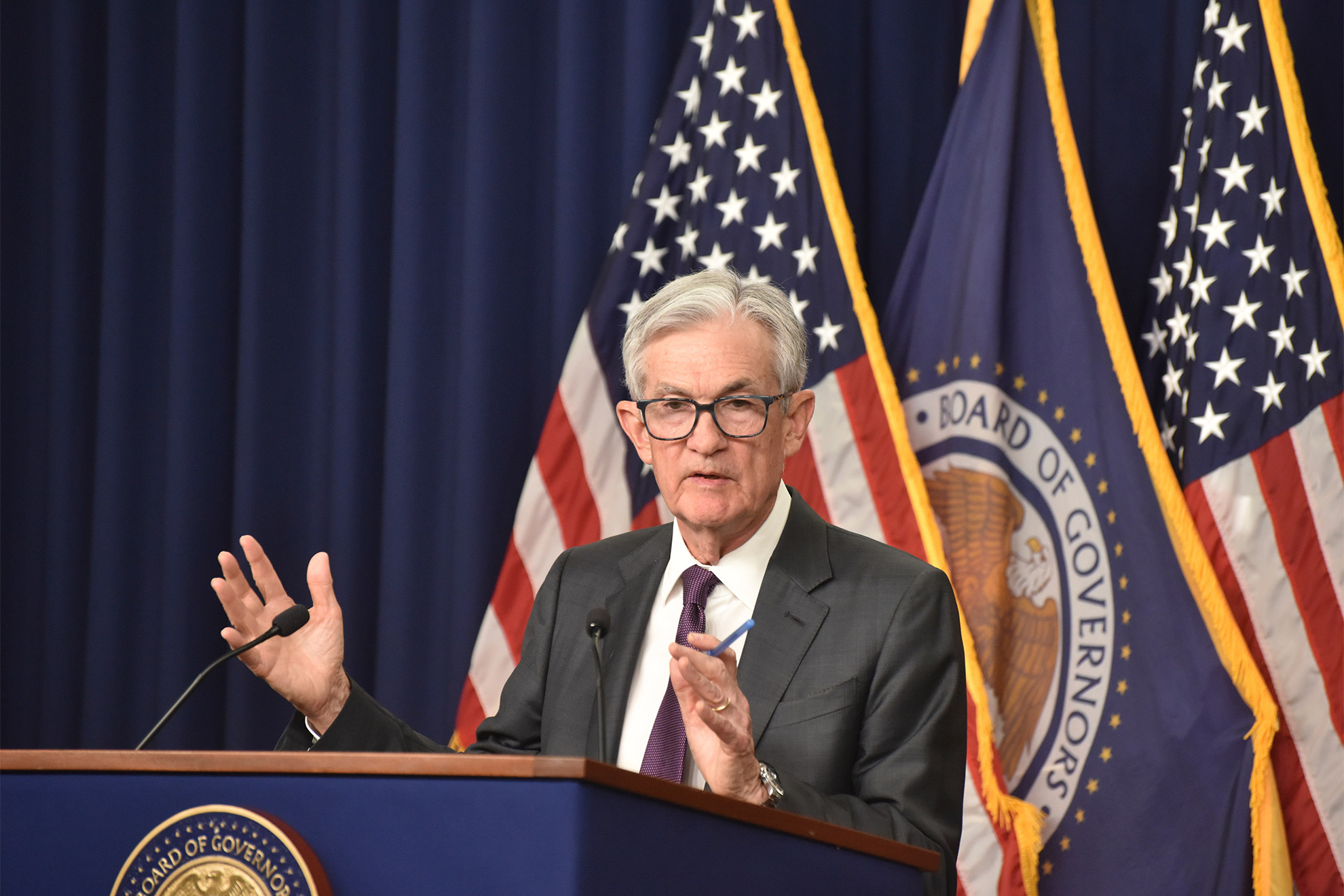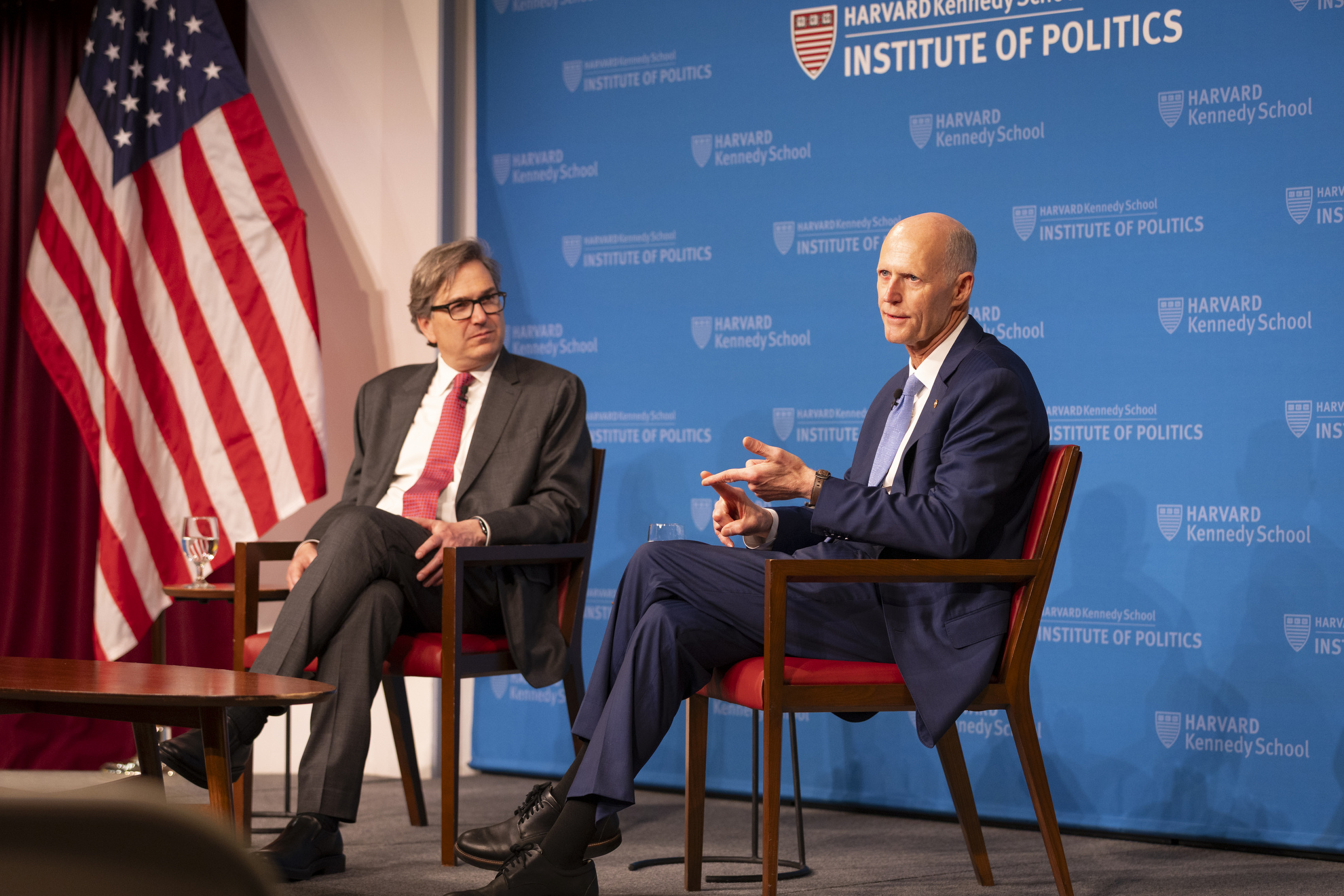The discussion around Trump Fed chairman removal has gained significant traction as President Trump expressed discontent with the Federal Reserve’s direction under Jerome Powell. Despite being the Fed chair appointed by Trump himself, Powell’s cautious approach to interest rates has led to friction between the two, raising concerns about the independence of the central bank. Many analysts argue that a move to oust Powell could create turmoil, undermining the regulatory body’s authority and eroding trust in monetary policy. The market reaction to Fed decisions has historically been sensitive, and the specter of dismissal could trigger instability in economic forecasts. As Trump navigates this contentious relationship, the implications for Federal Reserve independence remain pressing and critical to the overall economic landscape.
In recent discussions concerning the potential ousting of Jerome Powell, the focus has shifted to Trump’s ability to remove a central banking figure amid ongoing economic challenges. This inquiry raises vital questions about the balance of power within the executive branch and its interaction with independent financial institutions. Observers are particularly concerned about the ramifications such a decision could have on the credibility of the Federal Reserve and its long-standing policies. As Trump contemplates his options, including adjustments to interest rates, the broader market implications become increasingly complex. Understanding the dynamics at play is crucial for stakeholders monitoring Federal Reserve authority and its impact on the economy.
The Federal Reserve and Its Independence
The Federal Reserve’s independence is a cornerstone of its operations, enabling it to make decisions based on economic data rather than political pressures. This independence is crucial for maintaining market stability and managing inflation effectively. With the President’s influence looming, particularly during times of economic uncertainty, the potential for political interference in monetary policy undermines the very foundation of an independent central bank. Such interference could lead to a loss of credibility in the Fed’s capacity to manage inflation effectively, posing a risk to the stability of the financial system.
As President Trump contemplates the removal of Fed Chairman Jerome Powell, the ramifications could ripple through the economy. A central bank that lacks independence may prioritize short-term policies over necessary long-term strategies, fostering environments ripe for inflation. Market participants recognize that any erosion of the Fed’s authority can lead to unpredictable outcomes, often resulting in increased volatility. Thus, ensuring the Federal Reserve’s operational autonomy remains critical for sustaining market confidence and institutional integrity.
Market Reactions to Trump’s Ousting of Powell
The financial markets are keenly aware of the implications surrounding possible shifts in leadership at the Federal Reserve, especially regarding Trump’s consideration of ousting Chairman Powell. If Trump were to proceed with the removal, markets would likely react negatively due to fears of a shift toward more aggressive monetary policies that prioritize political objectives over economic fundamentals. An increase in uncertainty surrounding interest rate decisions can instigate market fluctuations, ultimately affecting investment strategies and economic growth.
Investors are particularly concerned about the president’s intentions with the central bank. Analysts predict that if a new chair were appointed, particularly one perceived as aligning with Trump’s agenda, it could signal a more accommodative monetary stance. Such moves would likely result in faster rate cuts aimed at stimulating growth. However, a rapid shift in policy could alarm investors about inflationary pressures, leading to a spike in long-term interest rates as borrowers demand higher yields for perceived risks. The market’s sensitivity to the Fed’s leadership dynamics underscores the intertwined nature of monetary policy and economic health.
Trump’s Interest Rate Strategy and Its Consequences
Trump’s criticism of Fed Chairman Jerome Powell often centers around interest rates; he believes that lower rates will bolster economic growth. This perspective raises concerns among economists about the potential for inflation due to overheating the economy. History shows that maintaining low interest rates for extended periods can lead to asset bubbles and portray a false sense of economic security, deterring necessary regulatory measures. Therefore, the Fed’s indecision influenced by external political pressures can destabilize financial markets and erode trust in the institution.
The implications of altering interest rates without careful consideration are profound. A move to aggressively cut rates in response to political pressure may initially appease markets but can lead to long-term consequences, including loss of monetary policy efficacy. A hasty adjustment could exacerbate inflationary trends, leading to higher costs of living and diminished purchasing power. Furthermore, the unpredictable nature of such a strategy could lead to market stagnation, as investors may retreat due to uncertainty about the Fed’s independence and decision-making processes.
Legal Framework Surrounding the Fed Chair’s Removal
The legal landscape regarding the potential removal of Jerome Powell as Fed Chairman is complex and nuanced. The Federal Reserve Act outlines provisions for the removal of governors, primarily indicating that they can be dismissed ‘for cause.’ However, this stipulation raises questions about whether it extends to the Chair’s position. Key legal interpretations argue that Powell’s role as Chair may not qualify for the same protections as other governors since the role invites political implications and requires Senate confirmation.
The Supreme Court’s historical stances on executive authority may influence the outcome of such a challenge. Recent interpretations suggest an inclination toward affording more executive power, particularly concerning independent agencies. Should the court rule in favor of presidential authority to dismiss the Fed Chair, it would set a precedent that could fundamentally alter the operational framework of the Fed and compromise its independence. Hence, the legal ramifications of Trump’s potential actions on Powell’s position are multi-faceted, influencing both judicial interpretation and market reactions.
Speculations on Powell’s Succession and Market Impacts
The identity of Powell’s potential successor is a focal point of market speculation during this turbulent period. If Powell were to be removed, financial analysts suggest that investors would regard the new appointee through a lens of skepticism regarding the administration’s overarching monetary objectives. If the successor were perceived to promote a more aggressive approach aligned with Trump’s administration, this would likely engender fears of a reduced commitment to inflation management, leading to longer-term interest rate hikes.
Conversely, if the incumbent chair is allowed to complete his term, market anxieties may subside as uncertainty fades. Powell’s established credibility among investors plays a crucial role in stabilizing expectations around future monetary policy. Ultimately, the market’s reception of the Fed chair’s succession will resonate deeply with broader economic health and the Fed’s perceived effectiveness in maintaining independence and addressing inflationary concerns.
Assessing the Implications of a Fed Chair Dismissal
The possible dismissal of Fed Chairman Jerome Powell carries significant implications that reach beyond the immediate political landscape. Economically, if Trump were to take decisive action against Powell, it could signal a shift in how monetary policy is shaped, emphasizing short-term gains at the expense of sustainable economic practices. Market volatility would likely increase, reflecting the tension between political strategy and economic fundamentals, as investors recalibrate their expectations toward a central bank perceived as less independent.
Moreover, the credibility of the Federal Reserve could face degradation, making any new policies less effective in stabilizing the economy. Should political motivations influence monetary policy decisions, investors may interpret this as a signal to withdraw or hedge against risks, further destabilizing financial markets. Therefore, the intricacies surrounding the potential ousting of Powell present not just a legal problem but a central consideration for economic policymakers at large.
The Role of the Supreme Court in Federal Reserve Governance
The Supreme Court’s interpretations regarding the governance of the Federal Reserve could play a significant role in shaping the future of U.S. monetary policy. Recent rulings on executive authority in independent agencies have raised questions regarding longstanding precedents established over the decades. The court’s emerging trends may lead to a re-evaluation of the parameters defining independent agency governance, including the Federal Reserve’s authority and the legitimacy of presidential influence over key appointments.
If the Supreme Court favors a broader interpretation of executive power, it could legitimize the dismissal of Fed chairs under specific circumstances. This may lead to an unprecedented shift in how the Fed operates, potentially compromising the integrity and independence of monetary policy. Hence, the court’s stance will be an essential factor in determining the dynamics between the executive branch and the Federal Reserve, influencing both market confidence and economic conditions.
Challenges of Central Bank Authority amid Political Pressure
The integrity of central bank authority is inherently tested when political pressures mount, as evidenced by Trump’s interactions with the Federal Reserve. A well-functioning central bank thrives on the perception of independence, allowing it to implement long-term monetary policies aimed at fostering economic stability. Political attempts to intervene in the decision-making process can foster a climate of uncertainty, creating barriers for effective monetary policy execution — a dilemma that markets struggle to navigate.
Economists caution that when central banks operate under political influence, they may veer towards accommodative policies that, while popular in the short-term, can lead to inflationary pressures. The challenge remains for the Federal Reserve to maintain its credibility and commitment to prudent finance despite potential political maneuvering. Hence, a steadfast central bank emerges as a crucial pillar for economic resilience, ensuring that long-term interests prevail over transient political agendas.
Navigating Economic Growth with Central Bank Independence
The relationship between economic growth and central bank independence is complex. A functioning democracy requires that monetary policy remains insulated from political whim, enabling economists and policymakers to make decisions based on empirical data rather than immediate political considerations. This buffer is vital for ensuring that the economy does not yield to the pressures of populist ideals that may prioritize short-term gains over sustainable growth.
If Presidents and officials exert excessive influence over the Fed, this could result in policies that prioritize electoral outcomes over sound economic principles. Over time, such misaligned monetary policy could cause significant economic disruptions and complicate inflation management, stirring public concerns about economic stability. Therefore, fostering an environment that respects the independence of the Federal Reserve serves as a foundational step towards achieving long-lasting economic health.
Frequently Asked Questions
Can Trump remove the Federal Reserve chairman, Jerome Powell?
Yes, President Trump could theoretically attempt to remove Federal Reserve Chairman Jerome Powell, but there are significant legal and market implications. The Federal Reserve Act allows for governors to be removed for cause, yet it remains unclear whether this includes the FOMC chair. Removing Powell could undermine the independence of the Federal Reserve, leading to a negative market reaction.
What would be the market reaction to Trump firing the Fed chairman?
The market reaction to Trump removing the Fed chairman would likely be severe. Investors fear that a dismissal would signal a shift towards looser monetary policy aimed at promoting short-term growth, which could erode the Fed’s credibility in controlling inflation. This loss of trust may result in higher long-term interest rates as markets react.
How does Trump’s interest in ousting the Fed chairman affect Federal Reserve independence?
Trump’s interest in ousting Jerome Powell raises concerns about the independence of the Federal Reserve. Historically, the Fed operates free from direct political pressure to maintain stable monetary policy. If Trump were to remove Powell, it could set a precedent threatening this independence and destabilizing market confidence.
Is the possibility of Jerome Powell’s ousting by Trump legally justified?
While the Federal Reserve Act outlines conditions for removing governors, the legality of Trump ousting Jerome Powell is ambiguous. The Supreme Court’s interpretation of executive authority in relation to independent agencies may influence this. Previous rulings suggest that such a move could face significant legal challenges.
What is the significance of Jerome Powell’s position as Fed chairman during Trump’s presidency?
Jerome Powell’s role as Fed chairman has been pivotal during Trump’s presidency, particularly regarding interest rates. Disagreements over rate cuts have fueled tensions between Trump and Powell. Powell’s decisions influence economic conditions, making his position crucial for both the administration and market expectations.
How does the potential removal of the Fed chairman relate to central bank authority?
The potential removal of Jerome Powell directly challenges central bank authority. The independence of the Federal Reserve is vital for effective monetary policy, allowing it to act without political influence. A change in leadership at this level could disrupt this authority, raising concerns about future monetary policy directions.
What impact would Jerome Powell’s ousting have on inflation and economic growth?
If Trump were to oust Jerome Powell, the anticipated shift to a more accommodative monetary policy could lead to short-term economic growth. However, this decision might also increase inflationary pressures, as markets react negatively to changes in Fed leadership, potentially undermining long-term economic stability.
How does legal interpretation affect Trump’s ability to remove the Fed chairman?
Legal interpretation plays a crucial role in Trump’s ability to remove the Fed chairman. The Supreme Court’s perspectives on executive authority over independent agencies could either support or challenge Trump’s efforts to dismiss Powell, affecting the balance between presidential power and central bank independence.
| Key Point | Details |
|---|---|
| Can Trump fire Fed Chairman? | It’s legally questionable; some analysts argue the market reaction to such an action would deter Trump. |
| Concerns over policy implications | Trump believes the Fed should cut interest rates more aggressively for economic growth; Powell disagrees. |
| Legal framework | The Federal Reserve Act allows removal ‘for cause’ but doesn’t clearly apply to the chair. |
| Supreme Court involvement | Recent court decisions may influence or challenge existing interpretations of ‘for cause’ protections. |
| Implications for market confidence | Market fears a removal would undermine Fed’s independence, leading to higher long-term interest rates. |
| Transition and succession | If Powell is removed, the successor’s identity matters less; markets will react negatively to the removal itself. |
Summary
Trump Fed chairman removal remains a contentious topic, with significant discussions surrounding the legality and implications of such an action. The potential for President Trump to remove Federal Reserve Chairman Jerome Powell raises critical questions about the balance of power in the financial system and the independence of the Fed. Analysts caution that any attempt to oust Powell could lead to substantial market uncertainty and increased volatility due to fears over monetary policy shifts. Ultimately, while the option exists, its execution could have grave repercussions, suggesting that Trump might heed market sentiments and allow Powell to complete his term.





